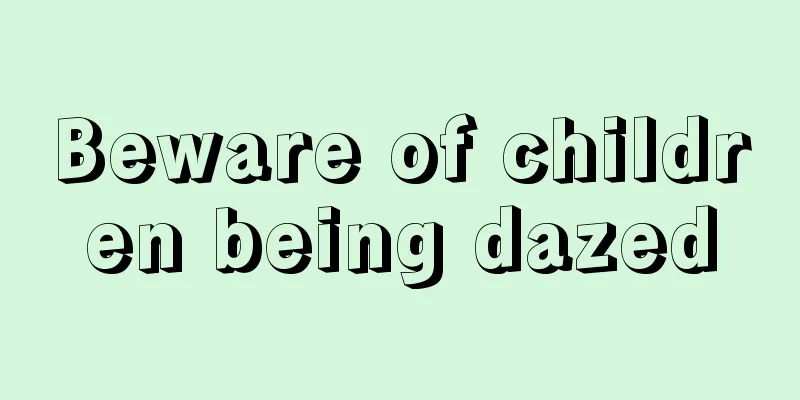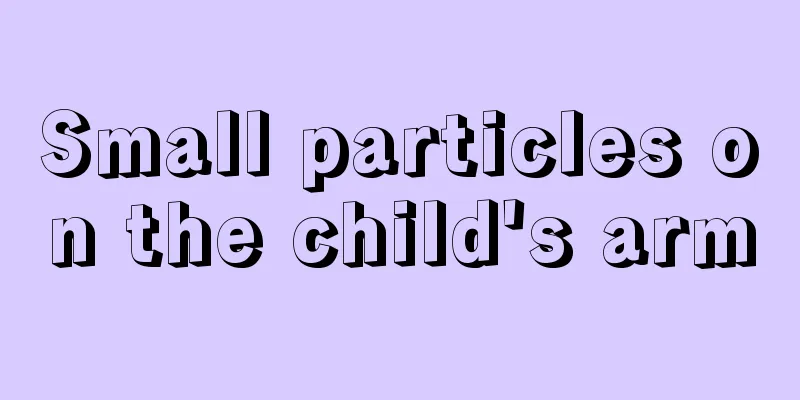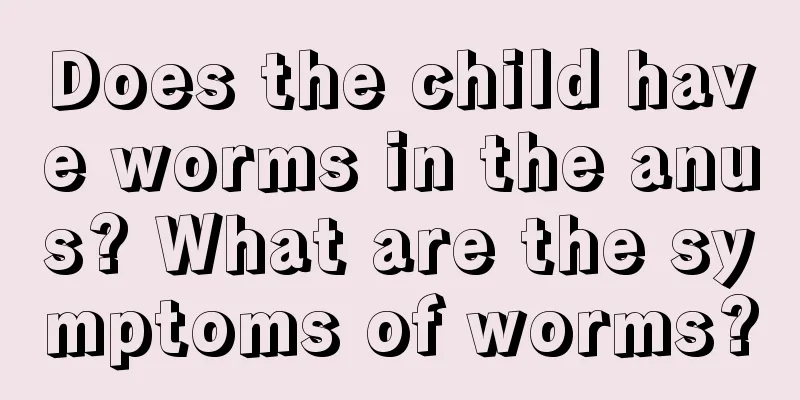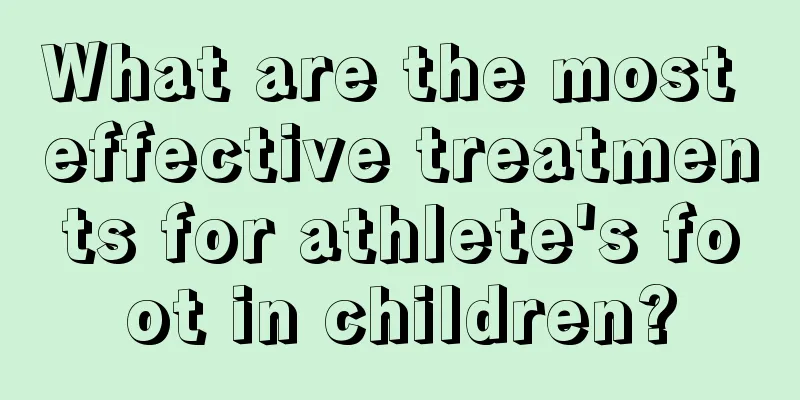How to treat whooping cough symptoms
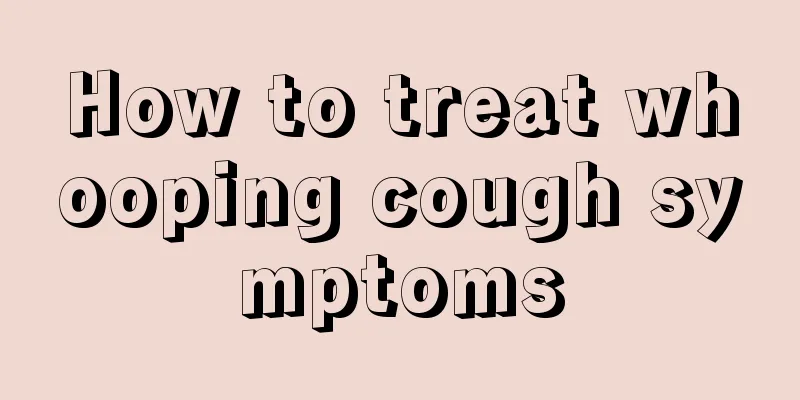
|
Whooping cough is an infectious disease of the respiratory tract. It often occurs in children. This is because children's immunity is lower than that of adults. So it is very easy to be infected by viruses. Whooping cough is a very serious respiratory infectious disease. If you suffer from this disease, you should go to the hospital for treatment immediately. Let’s learn how to treat the symptoms of whooping cough. Whooping cough, commonly known as chicken cough and cormorant cough, is a common acute respiratory infectious disease in children. It is an acute respiratory infectious disease caused by Bordetella pertussis, which is the causative agent of the disease. Its clinical characteristics are paroxysmal spasmodic cough, accompanied by a deep "cockcrowing"-like inspiratory roar at the end of the cough. If not treated promptly and effectively, the course of the disease may last for about several months, hence the name "whooping cough." The disease is highly contagious and often causes epidemics. The younger the child is, the more serious the condition is, and the child may die from complications of pneumonia and encephalopathy. 40% of deaths are infants under 5 months old. In the past three decades, due to the widespread vaccination of vaccines, the prevalence of whooping cough in my country has been greatly reduced, and the morbidity and mortality rates have also been significantly reduced. Pertussis occurs throughout the world, usually in sporadic forms and may occur in epidemics among children in institutional settings. The disease can occur throughout the year, but is more common in winter and spring, and can extend to late spring and early summer, with the peak occurring in June, July and August. Whooping cough patients are the only source of infection, including typical patients and mild patients. Bordetella pertussis cannot survive easily in the external environment and can only grow and reproduce in the mucous membrane of the upper respiratory tract, spreading through droplets. Therefore, whooping cough is mainly transmitted through droplets during coughing, and the bacteria may be inhaled within about 2 meters of the patient.
In addition to general supportive therapy, attention should be paid to keeping the environment quiet and the air fresh to reduce the causes of spasmodic cough; attention should be paid to suctioning sputum for infants and young children to prevent suffocation; antibiotic treatment should be used as early as possible, generally erythromycin, chloramphenicol, aminobenzimidazole, kanamycin and co-sulfamethoxazole (cotrimoxazole) can be used; severe patients should use corticosteroids for a short period of time; if there are complications, appropriate treatment should be given. 1. General treatment: Isolate the patient according to respiratory infectious diseases, keep the room quiet, the air fresh, and the temperature appropriate, pay attention to avoid factors that induce spasmodic cough in children, eat nutritious and easily digestible food, and pay attention to supplementing various vitamins and calcium supplements. Sedatives can reduce spasmodic coughs caused by fear, anxiety, and irritability in children, while ensuring sleep. Children can take promethazine (phenergan) 1m/kg each time, phenobarbital, etc. If the cough is severe, you can use cough suppressants. If the sputum is thick, you can use nebulizer inhalation. If convulsions occur, use drugs such as diazepam, compound chlorpromazine or phenobarbital to stop the convulsions. When a baby has severe coughing spasm, he or she should be supervised by someone. In case of suffocation, suction the phlegm or perform artificial respiration and oxygen in time. If cerebral edema occurs, dehydration treatment should be carried out in time to prevent brain herniation. 2. Antimicrobial treatment: The use of antibiotics during the catarrhal stage can reduce or even prevent spasmodic cough. However, if used after entering the spasmodic cough stage, it will not shorten the clinical course of whooping cough. However, it can shorten the bacterial excretion period and prevent secondary infection. Erythromycin is the first choice. Bordetella pertussis is sensitive to erythromycin and can penetrate into respiratory secretions to reach effective concentrations. The dosage is 30-50 mg/kg per day, orally or intravenously. One course of treatment is 7 to 14 days. In recent years, some new macrolide antibiotics such as roxithromycin are taken orally at a daily dose of 5 to 10 mg/kg in two divided doses, with a course of treatment of 7 to 10 days. Azithromycin is taken at a dose of 10 mg/kg per day, once a day, for a course of 3 days. The latter two have the advantages of strong antibacterial effect and fewer gastrointestinal reactions, and can be selected as appropriate. Ampicillin has poor clinical efficacy. Although chloramphenicol has better efficacy, it may occasionally cause granulocytopenia. |
<<: Symptoms of brain injury in babies
>>: The age at which children change their teeth
Recommend
Dosage of Tongqiao Rhinitis Granules for Children
Rhinitis has a great impact on people's lives...
How to educate a child who steals?
Why are some children particularly naughty and ig...
Can babies with eczema drink milk powder? Parents, please watch this.
Eczema is a disease that can easily occur in babi...
The standard of milk intake for newborns, mothers should know
The amount of milk a newborn baby drinks is what ...
What is the appropriate height of pillow for a one-year-old baby?
Newborn babies do not need pillows. This is a hab...
What should I do if my 7-month-old baby gets angry?
In daily life, if you encounter some difficulties...
What to do if your baby has neck eczema
The baby's skin is relatively fragile, so try...
Why does a child's nose bleed while sleeping?
Water is an essential substance for the human bod...
How to remove the bruises on baby's face
As soon as the baby learns to walk, he likes to r...
What to do if baby eczema is scratched and bleeds
The chance of skin diseases like eczema occurring...
Can children eat grasshoppers?
Grasshopper refers to cicada pupa, which is a nam...
How to treat hernia in children?
We know that pediatric hernia is now one of the m...
Symptoms of precocious puberty in children
Precocious puberty is an abnormal reaction during...
1 year old baby has fever and convulsions
It is quite common for a one-year-old baby to hav...
Early childhood refers to
A child's growth and development in early chi...



